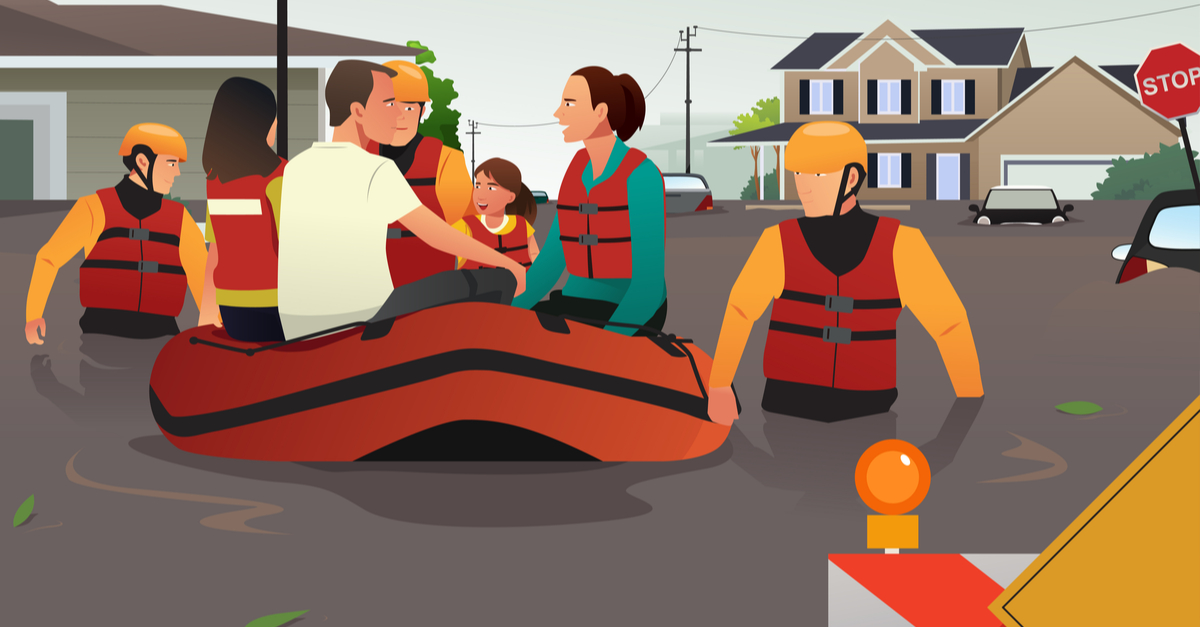Our hearts go out to the people in Townsville who are still going through the process of assessing the damage following the recent floods.
To assist those in the region who are starting to put their lives and homes back together, BTLawyers has prepared a five-step guide for things to consider from a legal / insurance standpoint:
1. What has been damaged?
The first and most obvious thing to consider is what has been damaged from the Townsville floods. This does not just include what has clearly been damaged (such as furniture and personal items). It includes potential structural damage or damage that cannot easily be seen.
If your home has been inundated with water, we recommend you seek the services of a certified builder to ensure everything is as it should be. This should be organized by your insurer, however if your insurance did not cover the damage, we recommend you seek the services of an independent builder for safety and peace of mind. The builder can assess the damage and provide a report on the following:
a. Whether there is any hidden or underlying damage;
b. Whether the damage can be repaired; and
c. What costs you may have to incur to repair the house.
2. Missing items
In the chaos of the Townsville floods, many personal items and furniture went missing or were thrown away without a second thought.
We recommend you prepare a detailed list of everything in the property before throwing anything away. This assists insurers regarding what needs to be replaced. Take pictures if possible, for you never know what an insurance company will question. After the list is completed, go room by room and take detailed notes of items that are missing so that appropriate claims are made for everything.
When in doubt, putting things down on a list can jog your memory. You can also compare notes with your neighbors and other flood victims to ensure you have everything covered.
3. Safety
One of the most important parts of returning home is to ensure everything is safe. It is possible things have moved. Parts of the house that may not have been assessed by a builder could be rotten and dangerous. We recommend you take some safety gear with you, such as closed in shoes, gloves, long pants and shirts. Even a mouth shield should be worn when initially re-entering your home.
If you are unaware of any structural damage or have concerns about your house being unsafe, it is important to get a qualified opinion before entering.
4. Disputes with your insurer
If you have raised an issue with your insurer and you do not agree with the outcome, it’s important to know their decision is not always final. If your claims handler is not listening to your concerns or is delaying or refusing to pay out a claim, you can take the following steps to ensure your matter is progressed:
a. ask for written reasons about why the claim has been rejected or delayed;
b. ask for an insurance assessor to provide an independent assessment;
c. ask for another claims handler or supervisor to review the original decision and provide written reasons for anything you disagree with;
d. ask for a written timeline about when things will occur and when decisions will be made. Follow up with your insurance company to ensure they stick to the promised timeline.
If all else fails, you can seek legal advice or make a complaint to the Australian Financial Complaints Authority and they can review your matter and provide you advice about the next steps.
5. Prepare for the next flood
Last, but certainly not least, once you have recovered from the flood, start preparations for when it will happen next time. Don’t put off the process. Now is the best time to ensure you are prepared for the next flood, natural disaster or unplanned event. We recommend you find the time to do the following:
a. Review your insurance policy to ensure you have sufficient coverage;
b. Review your estate planning documents (or do some estate planning if you have none) to ensure your loved ones are protected if something unexpected occurs;
c. Scan all important documents and pictures and save them to the cloud or an offsite facility; and
d. Ensure you have an updated first aid kit and that all expired products are replaced and removed. QLD Health has some great resources about what should and what should not be in your first aid kit.
For a no-obligation discussion about any legal concerns you may have moving back into your flood affected property in Townsville, contact our Townsville team or send us an enquiry using the form below.






